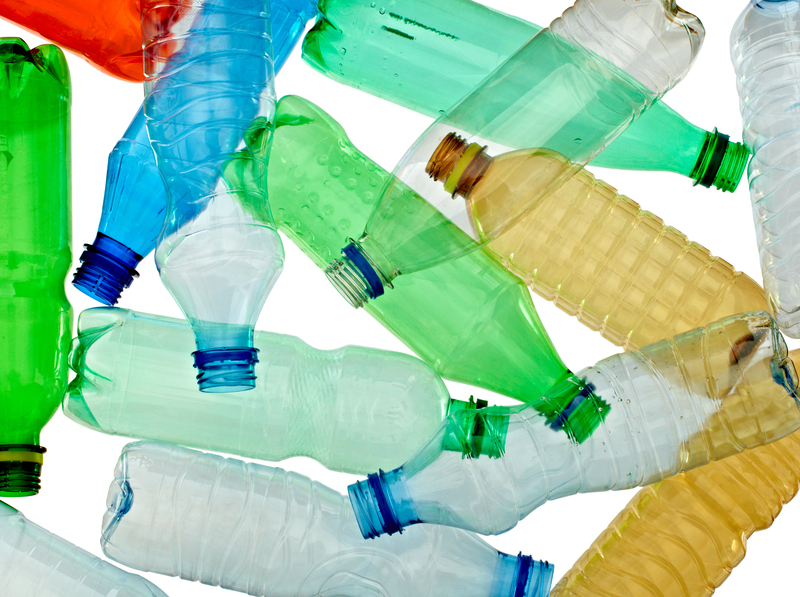Exploring Hard Rubbish: Identification and Disposal Methods
In our everyday lives, we encounter various types of waste that need to be disposed of properly to maintain environmental health. Among these, hard rubbish occupies a unique place due to its bulkiness, durability, and often intricate disposal requirements. This article delves into the complexities of identifying and disposing of hard rubbish, providing a comprehensive guide to managing these waste materials effectively.
Understanding What Hard Rubbish Is
Hard rubbish, also known as hard waste or bulky waste, refers to large, oversized items that are not typically collected through standard garbage services. These items are usually too heavy or cumbersome for regular garbage trucks and require special handling.
Examples of Hard Rubbish
- Furniture: Couches, beds, tables, and chairs that are no longer needed or usable.
- Appliances: Old refrigerators, washing machines, and microwaves that are either broken or obsolete.
- Electronics: Large televisions, computers, and outdated audio equipment.
- Mattresses: These can be difficult to compact and require special recycling processes.
- Building materials: Items such as wooden beams, bathroom fixtures, or carpeting.

Challenges in Hard Rubbish Disposal
Disposing of hard rubbish presents unique challenges due to its size, weight, and sometimes hazardous material components, such as electronics that contain toxic substances. It's not as simple as tossing these items into a trash bag; specific provisions must be made to ensure proper disposal.
Environmental Impact
The improper disposal of hard rubbish can lead to significant environmental harm. Items like electronics and appliances may contain hazardous materials such as lead, mercury, and refrigerants that can leach into the ground. Furthermore, discarded furniture and mattresses take up considerable space in landfills, contributing to land overuse and waste pile-ups.

Methods for Proper Hard Rubbish Disposal
Effectively managing hard rubbish disposal involves several steps and methods to ensure environmental compliance and reduce negative impacts.
Council Collection Services
Many local councils provide hard rubbish collections as part of their waste management services. These collections often occur on a scheduled basis, allowing residents to leave their bulky waste on the verge for pickup.
- Check Local Schedules: Always verify collection dates and guidelines, as these vary by location.
- Follow Regulations: Comply with limits on size, weight, and types of items accepted to avoid penalties.
Recycling Centers
Recycling centers are excellent resources for the disposal of certain types of hard rubbish. Many facilities accept a wide range of items, transforming them into recyclable materials or responsibly disposing of them.
- Metals: Many electronics and appliances can be broken down, with metals extracted for reuse.
- Wood: Some centers manage wood waste, converting old furniture into wood chips or other products.
- Batteries and Electronics: Specialized recycling ensures that toxic elements do not contaminate the environment.
Donation and Reuse
Items that are still in good condition can be donated to charities and thrift stores. This method not only reduces waste but also provides useful items to those in need.
- Charity Drop-offs: Organizations often accept furniture, appliances, and electronics in working condition.
- Upcycling: Creative reuse projects can transform old items into new ones, giving them a second life.
Professional Waste Disposal Services
For convenience or large volumes, engaging professional rubbish removal services can be an effective solution. These companies specialize in the collection, recycling, and environmentally friendly disposal of hard waste.
- Convenient Pickup: Often provide door-to-door pickup services at times that suit your schedule.
- Expert Knowledge: Staff are trained to follow best practices for disposal and recycling.
Conclusion: A Responsible Approach to Hard Rubbish
Managing hard rubbish responsibly requires awareness and the implementation of proper methods to reduce environmental impact. Whether opting for council services, recycling, donation, or professional waste removal, it is crucial to prioritize eco-friendly disposal techniques. By understanding the challenges and opportunities surrounding hard rubbish disposal, individuals can make informed decisions that benefit both their communities and the planet.
Remember, while hard rubbish poses a challenge, it also offers opportunities for conscientious disposal and resource recovery, helping pave the way toward a more sustainable future.